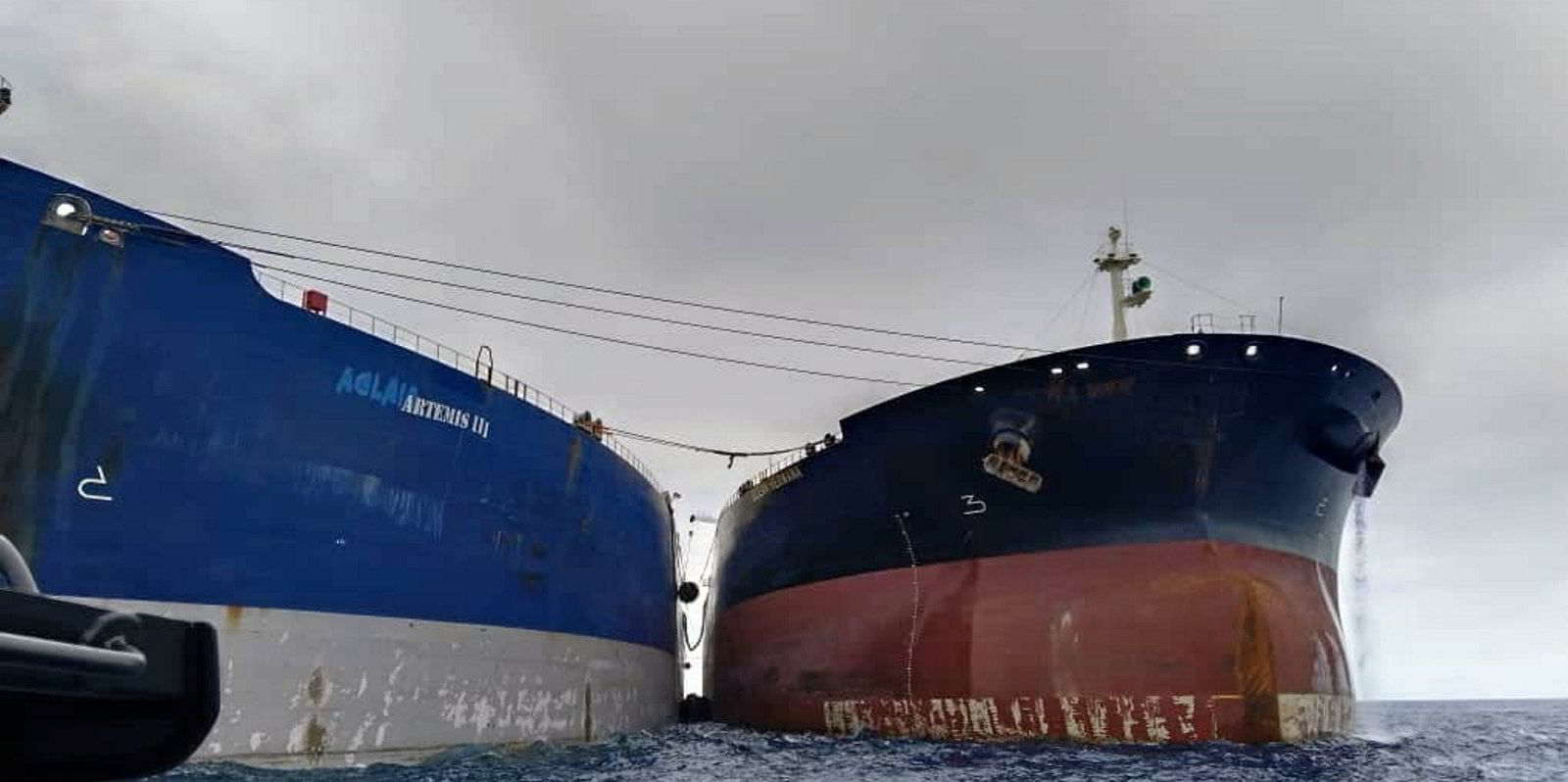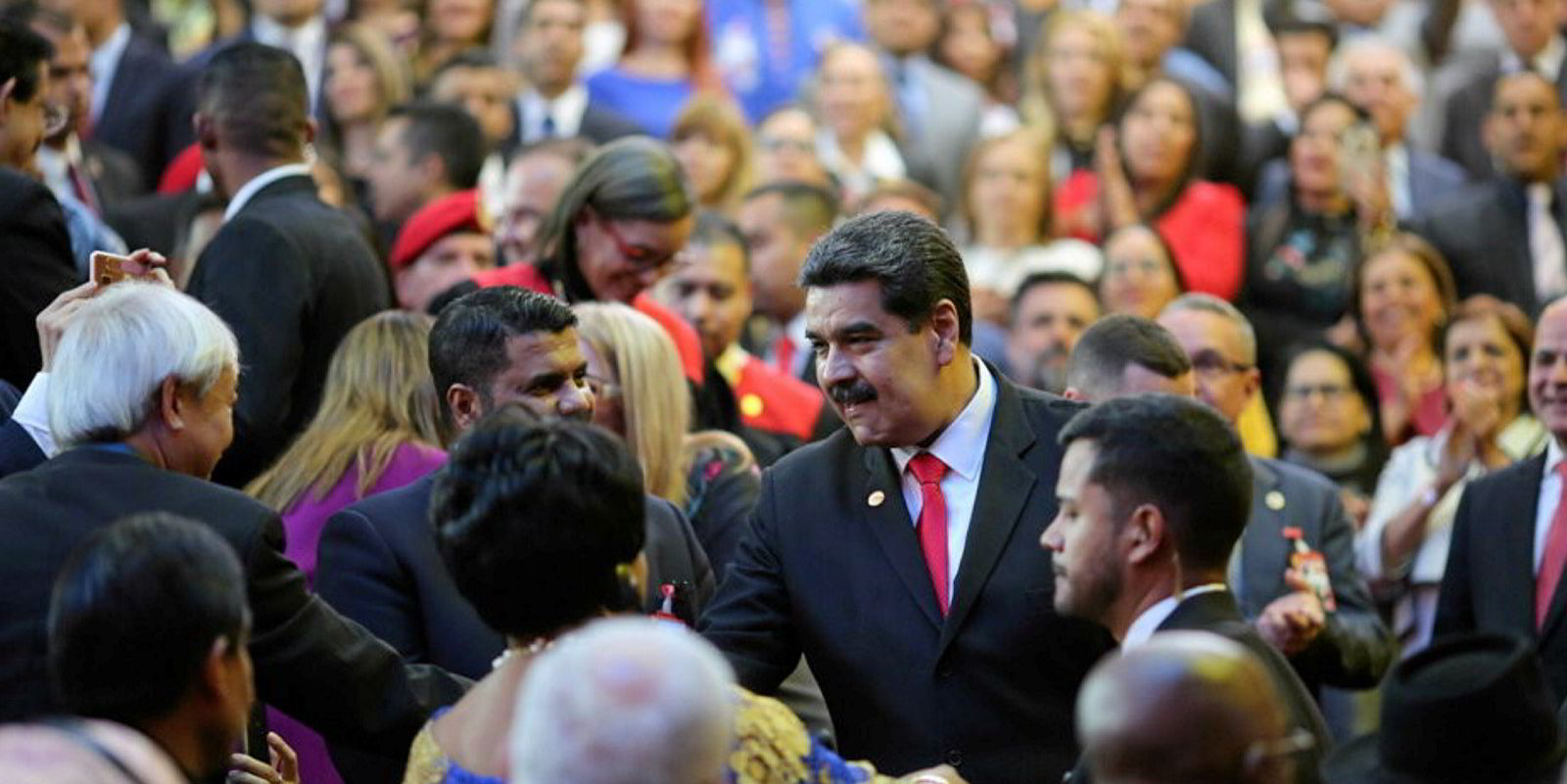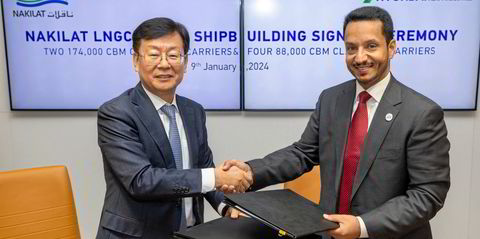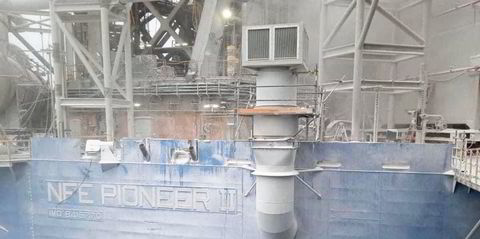The Malaysian coastguard has boarded and detained two ageing oil tankers accused of carrying out an unauthorised ship-to-ship transfer of oil off its coastline.
A helicopter-based team boarded the Chinese-operated, 300,361-dwt Artemis III (built 1996) and the Indian-managed, 159,106-dwt Ocean Hermana (built 2004) after the crews refused to cooperate with a request for an inspection, the Malaysian authorities said.
Campaign group United Against Nuclear Iran identified the two vessels and posted a satellite image of the ships side-by-side that was taken on Tuesday.
The group said the transfer involved an Iranian cargo after tracking Artemis III loading around 2m barrels of crude at Iran’s Kharg Island oil terminal in August.
It said Artemis III carried out a STS transfer of around a third of those barrels to an aframax tanker in the same area off Malaysia in October before authorities took action.
The Malaysian Maritime Enforcement Agency said it was investigating a case of conducting STS operations and anchoring without permission. The two captains are also being investigated for obstructing the duties of a public servant.
Both offences carry potential fines and terms of imprisonment, the MMEA said in a statement.
Maritime First Admiral Nurul Hizam bin Zakaria, the Johor State maritime director, said both ships had 26 crew members on board.
The MMEA did not identify the vessels but released photos after the operation, which occurred 60 km east of the coastal village of Tanjung Sedili, Johor, in southern Malaysia.
One showed the name of the Artemis III and the rudimentary paint job over the former name of the vessel, the Aglaia. A second photo published by local media showed the name of the second tanker.
The Honduras-flagged Artemis III is owned by a single-ship company that is managed by Efferiie, which is based in Dalian, China. It has been contacted for comment.
The Panama-flagged Ocean Hermana is also owned by a single-ship company and managed by India-based Sygnius Ship Management. The company said the person dealing with the ship was not in the office when contacted by TradeWinds.
Both ships have been identified among 353 tankers involved in the Iranian oil trade by UANI. The group said Artemis III had loaded Iranian oil three times this year.
Claire Jungman, who tracks tankers for the organisation, said: “These transfers occur almost daily in these waters. More action and due diligence need to be taken by all the maritime players to curb Iran’s sanctions evasion and oil exports.”
A paper submitted to the International Maritime Organization in May urged states to act to prevent “furtive” STS oil transfers up to 370 km from their coastlines if poor oversight of tanker activities increases the risk of oil spills.
The paper followed concerns over so-called “shadow” fleet activity following a blast and fire on board the 96,700-dwt Pablo (built 1997) in Malaysian waters in May. The aframax had been repeatedly deflagged following claims of involvement in trading sanctioned Iranian crude in the months before the blast.
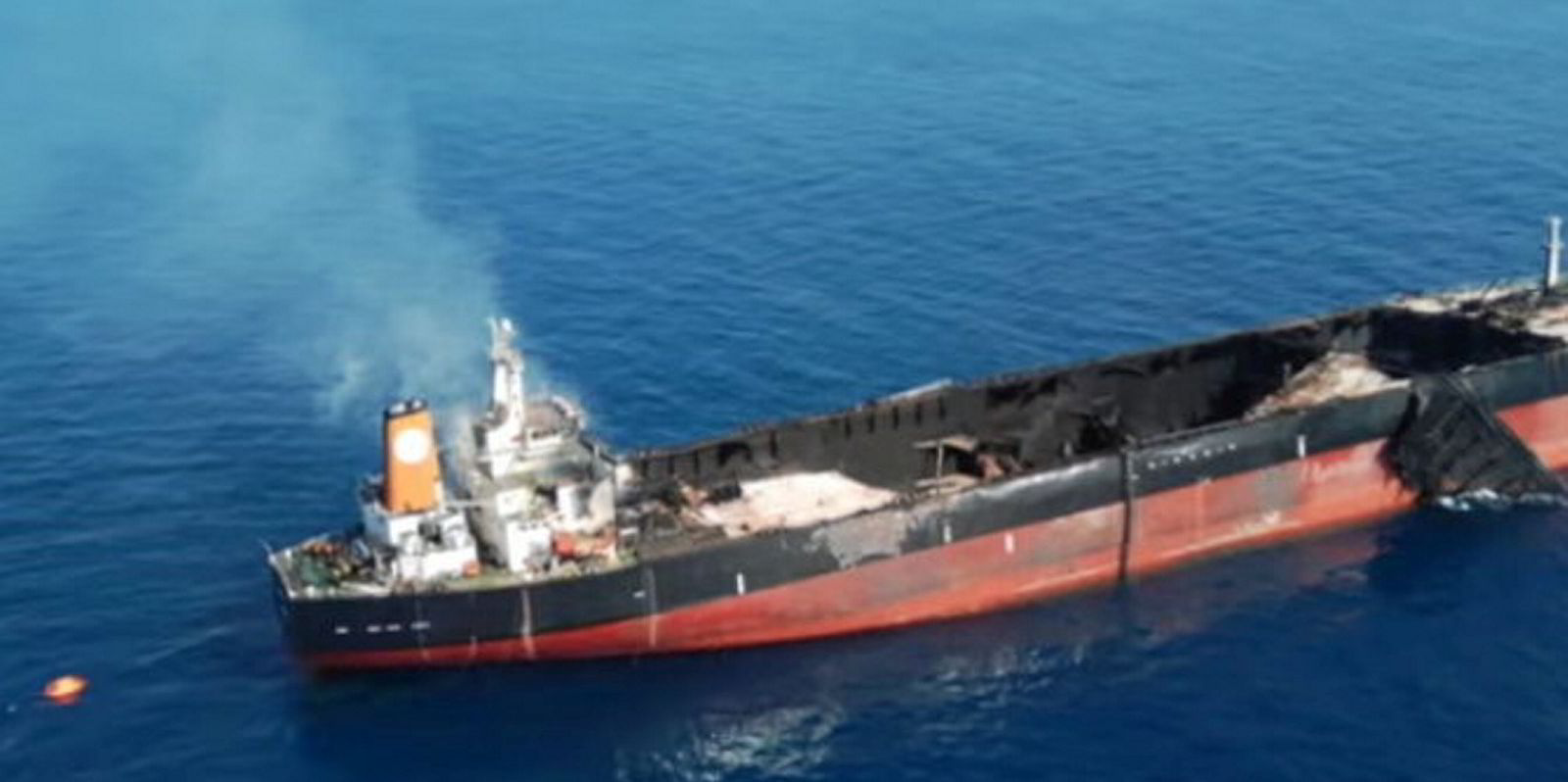
Although there was no spill, it remained unclear who will pick up the salvage and wreck-removal costs because of uncertainty over ownership and insurance.
Under the International Convention for the Prevention of Pollution from Ships (Marpol), tanker operators should inform a state no less than 48 hours of a planned STS in its territorial waters or exclusive economic zone, which stretches 200 nautical miles (370 km) from the coast.
The IMO paper called on flag states to ensure tankers follow the measures that “lawfully prohibit or regulate ship-to-ship transfers” to minimise the risk of pollution.
“In recent years, there has been an increase in the frequency of ship-to-ship [STS] crude oil transfers in international waters, including by ships using dark operations to circumvent sanctions and high insurance costs,” it said.
The European Union also announced its own crackdown on STS activity in its 11th package of measures targeting Russia that was announced in June.
Read more
- Charting the rise of state-backed attacks on shipping
- Asian and Middle East owners target African growth with new service
- Cost of moving Suez Rajan and cargo to US ‘satisfies’ Empire Navigation fine
- Iran threat leaves shipowners caught ‘between a rock and a hard place’ on US sanctions rules
- Suez Rajan: Falsified documents, fake signals, a captain’s protests and a sea of questions
